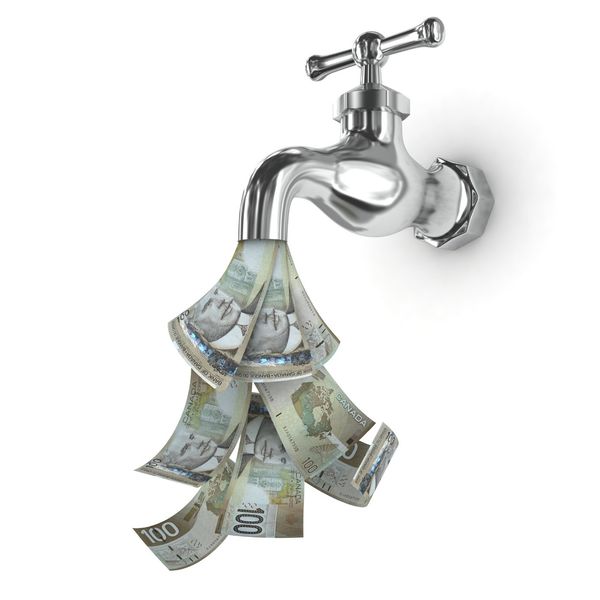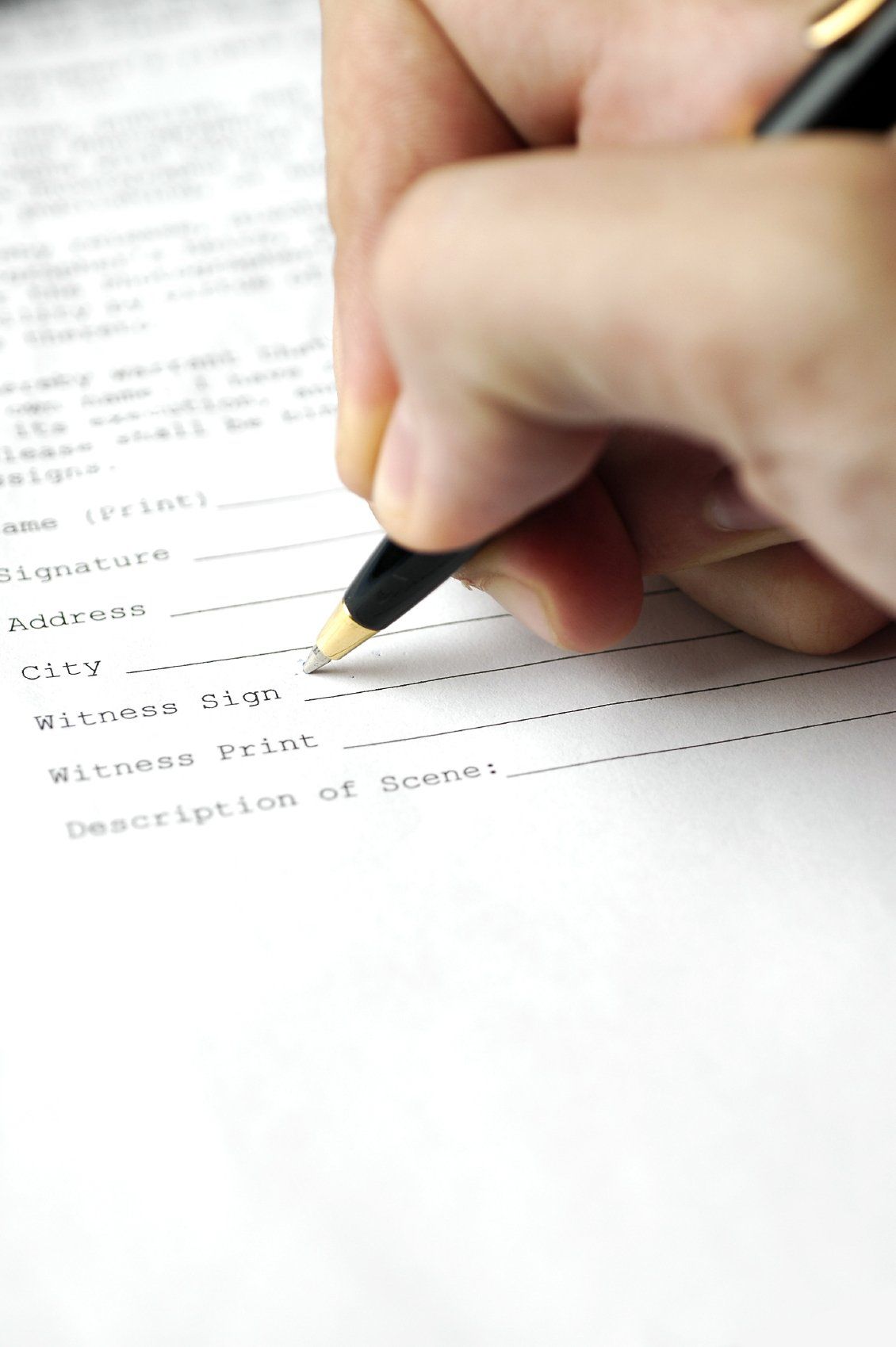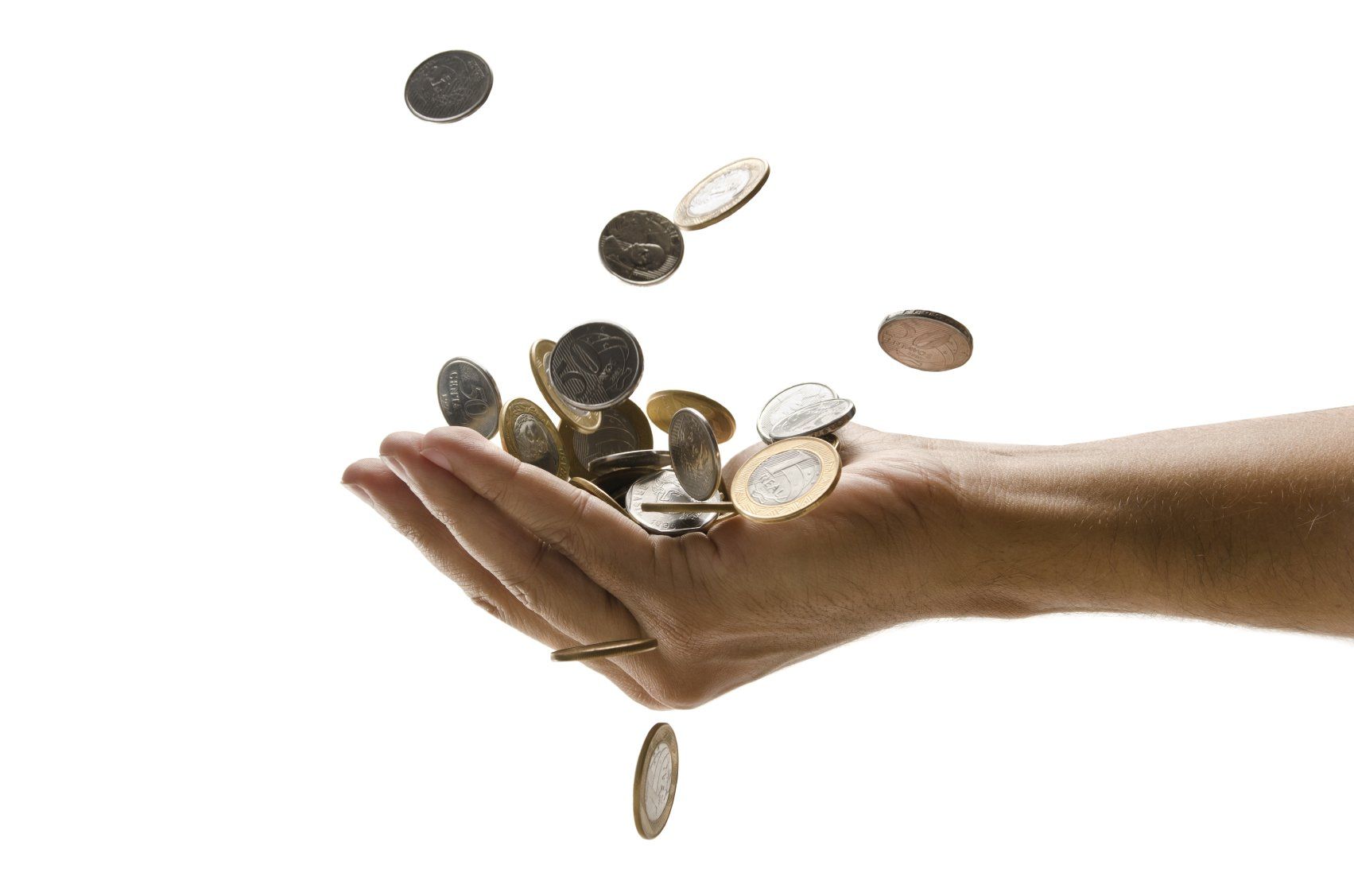Life after Government Covid-19 Support
Amanda Lodge • 2 September 2020
The importance of cash flow planning

With the government’s furlough scheme beginning to wind down, grants, no doubt spent or almost spent and many business’s trade not having recovered to pre-Covid levels, now is the time to stop and think about cash flow.
When accountants talk about cash the don’t just mean the coins and notes in the till, they also include the money you have in your business bank account and any overdrafts you have. It is cash flow (the movements of this money in and out) that will make or break a business, even a profitable one. You may have heard the phrase “cash is king” and this reflects that fact.
Some government help may even be causing some cash flow problems. The eat out to help out scheme may have pulled people into restaurants, but the businesses have had to wait (thought not too long) for the cash to hit their bank accounts. The furlough scheme can also cause similar problems now the claims must be made by calendar month, if you do not know how many hours your flexibly furloughed staff will work until the end of the month and/or payday has been reached.
Right now you need to think about whether you are increasing cash each month or losing it and if necessary take action. Remember as well that it may look like you are increasing cash until you get your VAT bill or the corporation tax bill!
Profit and cash flow are not the same. Say you purchased some stock for £400 on 30 days credit. If you sell it on day one for £1,000 and your customer pays you straight away, you make a profit of £600 and have no problem with cash flow. If you sell it on 30 days credit on day 25 then you will make the same profit but you have a cash flow problem – you have to find £400 to pay for the stock before you get any cash from your customer.
This is why it can be important to do a cash flow forecast for your business, and as an owner, for your personal finances, as this will determine how much money you need to take out of your business.
You can often start with your latest profit and loss account as a kind of memory jogger, and a spreadsheet set up with month by month columns showing cash at the start of each month, money in and then all the various items of expenditure going out. Some accounting software, such as QuickBooks also have cash flow functions built in. You can then fill in the figures, putting items of expenditure into the months they actually happen. For example, someone paying business insurance annually will have one big hit in the month it is due, someone paying by instalments will have a monthly amount going out that only changes once a year or if risks change.
Another example is VAT. The bill will depend on income and expenditure for your VAT quarter, say it ends at the end of September. You will have to pay the bill by 10th November if you use direct debit – so there is quite a mismatch between when the amounts arise and when you actually have to pay. Always remember to include all your tax bills in your cash flows.
The one thing you won’t necessarily know in any detail is what your sales will be – but at least doing a cash flow will let you know what they need to be. If you exceed this amount you have something in the bank if there are local lock downs, if you don’t then it’s a first early warning sign to take action.
Depending upon your circumstances it can be frightening, exciting or motivating to do a cash flow, but it is always better to do it as it means you can take action in plenty of time.
Amongst the things you can do are looking for new opportunities or ways of selling your product or service, cutting costs, spreading costs (like paying insurance by instalments – although it may be more expensive in the long run), negotiating with landlords and HMRC to spread large bills. Making sure you are claiming all the grants etc. that are available, and where you have staff, looking at staffing levels. You could also borrow money but you will have to believe you can repay it, or you may have personal savings you can put in but you will need to be convinced it is worth it. It may be better to keep those savings aside and use them to set up again later.
Strangely, for some businesses it is also a time to consider re-structuring, pay rises and bonuses. I have seen a set of accounts for July 2020 where the profit was the same as July 2019 on two thirds of the sales. The message is to be ambitious, creative and retain a degree of optimism.
You can use your cash flow to experiment with any of these options and see what effect they have. It is also worth a regular review and comparison with what actually happens.
There are tough decisions and tough times ahead for may but, where money is concerned, a cash flow will mean you are fore-armed and fore-warned so you can plan ahead.
It goes without saying that your accountant will be able to help you with cash flow planning and the fees may well be worth the investment if you do not have the confidence to do it by yourself.

It has been quite some time since I have posted anything here. The Covid-19 pages of my website have had my attention instead. I thought I would focus on something that I have come across more than once in recent weeks and may be relevant to those of you who may be setting up your own businesses. It is common for a couple of friends to get together to form a partnership or company, or for one friend to buy into another’s company. They have usually been friends for a long time and are excited by their new venture. At this point no one likes to think about what happens if the relationship comes under strain or even breaks down. But let’s face it the pressures of running a business can be significant at times. The problem often lies in the fact that informal arrangements are set up on an equal, 50/50 basis which is fine as long as you agree with one another. When you stop agreeing you are left in a stalemate situation, often where each party has the authority to do what they like! All sorts of things can happen in life that affect a person’s ability to dedicate time and energy to a business or their decision making attitude or capacity. What if one person gets seriously ill for example? What happens if you cannot agree on something and one person sets up on their own in competition, taking many of the clients, the stock, etc? Unfortunately, it can happen, leaving someone having lost the benefit of years of financial investment and plain hard graft. The way to minimise this kind of risk is to have a shareholder or partnership agreement from the outset. This may set out such things as: how members or partners are to be paid how much profit is to be retained in the business as working capital how often management, board and/or shareholder meetings will be held whether certain transactions can only be entered into with the agreement of all involved, e.g. taking out a loan, buying property, starting legal proceedings etc. how the business should be split if you do agree to go separate ways. in what circumstances (such as death, or gross misconduct) compulsory purchase of shares can happen, and who will value the shares. These are just examples; the list will be unique to each business. These can be difficult agreements to put in place between long standing friends and hopefully most agreements will never need to be used in time of trouble, but they to help to create a business relationship, help you think about the business you are establishing or buying into and offer a legal framework if things do go wrong. They can also be re-visited and changed in the future if the need arises, so they are not set in stone. I do believe it is something worth thinking about.

If you have a new sole trade that you started in the tax year from 6 April 2019 to 5 April 2020 you will not be eligible for Covid-19 assistance from the government, but you could be due a refund of tax if your business has made a loss in the period to 5 April 2020. Not something the government has been publicising! There is a danger that you will be encouraged by our tax system and (if you are one of the many who’s business has suffered significantly due to Covid-19) a need to save money, to do your own tax return and use what is called the cash basis to prepare your accounts, it is much simpler than the alternative and may make sense for many. However, it does prevent you from claiming most of the loss reliefs that are available. So, it is worth thinking before you do so. If you were employed during the three years before you set up your business and paid tax on those earnings you may well be able to claim some of that tax back if your business has made a loss, but you will need to use accruals accounting and need the help of an accountant to make the right claim. In calculating the loss, you can even include the value of capital items, like vans and equipment as you will be able to claim what is known as capital allowances on such items. Last year I claimed about £2,300 back for a client – I did not charge him anywhere near that to do it, there is no point if there is no win for my client. What is more the tax that is returned is treated as income of the year any salary was earned in so it should have no effect on any current benefit claims (other than it will affect the level of your savings). The first accounts you get taxed on as a new sole trader are from when you started to 5 April 2020 – this is a rule for everyone, so your first tax return can be prepared and submitted now, meaning you get your tax back sooner rather than later. If you think these circumstances may apply to you why not arrange a free, no obligation video chat to see if I can help.

As it is the time of year when people are filling in their tax returns, I thought I would write about the impacts that child benefit claims can have and help stop you missing out on a valuable aspect of claiming. Some of you will be aware that if, as a couple one of you earns over £50,000 then the higher earner must pay back some child benefit if they or their partner has claimed it. This even applies if the children in question are not the higher earner’s children. If the higher earner is earning £60,000 or more all the benefit will have to be paid back to the government. This is one of the areas of tax where the term partner includes people who are not married or in a civil partnership, but who are living together as if they were. If one of you is lucky enough to be earning over £60,000 it is easy to think that simply not claiming child benefit solves a problem. After all it avoids the need to do a tax return. However, this may not be the best thing to do. If the “lower paid” partner is either not earning at all, or if their income is less than the lower NI thresholds (they are different depending upon whether they are employed or self-employed) then it is more sensible to claim. It is possible for the lower paid or unpaid partner to make a claim for child benefit and then ask for it to not be paid (only do this if one of you earns over £60,000). This means there is no requirement for a tax return and no money to return, but it does register the claim. The reason for this is that claiming child benefit for a child up to the age of 12 earns the person claiming a “national insurance credit”. Each of us needs to collect 35 full year credits (you can only get one a year) in order to qualify for a full state pension. Whilst the pension is not a huge amount of money it can be a significant help with pension planning. So, before you stop a child benefit claim, or decide not to claim for another reason, check that you are earning your credit for the tax year through your salary or by some other means – or you could lose out!







